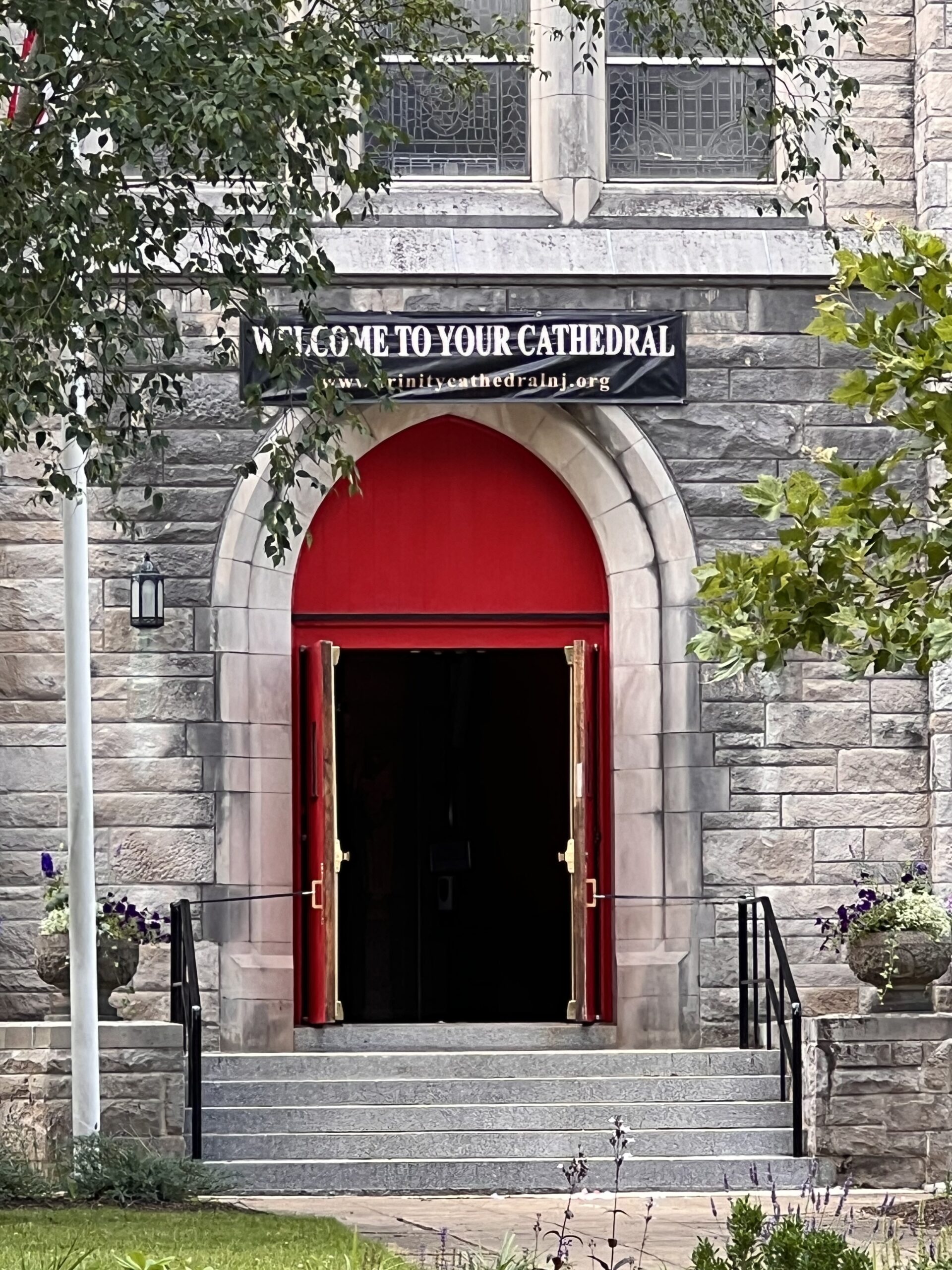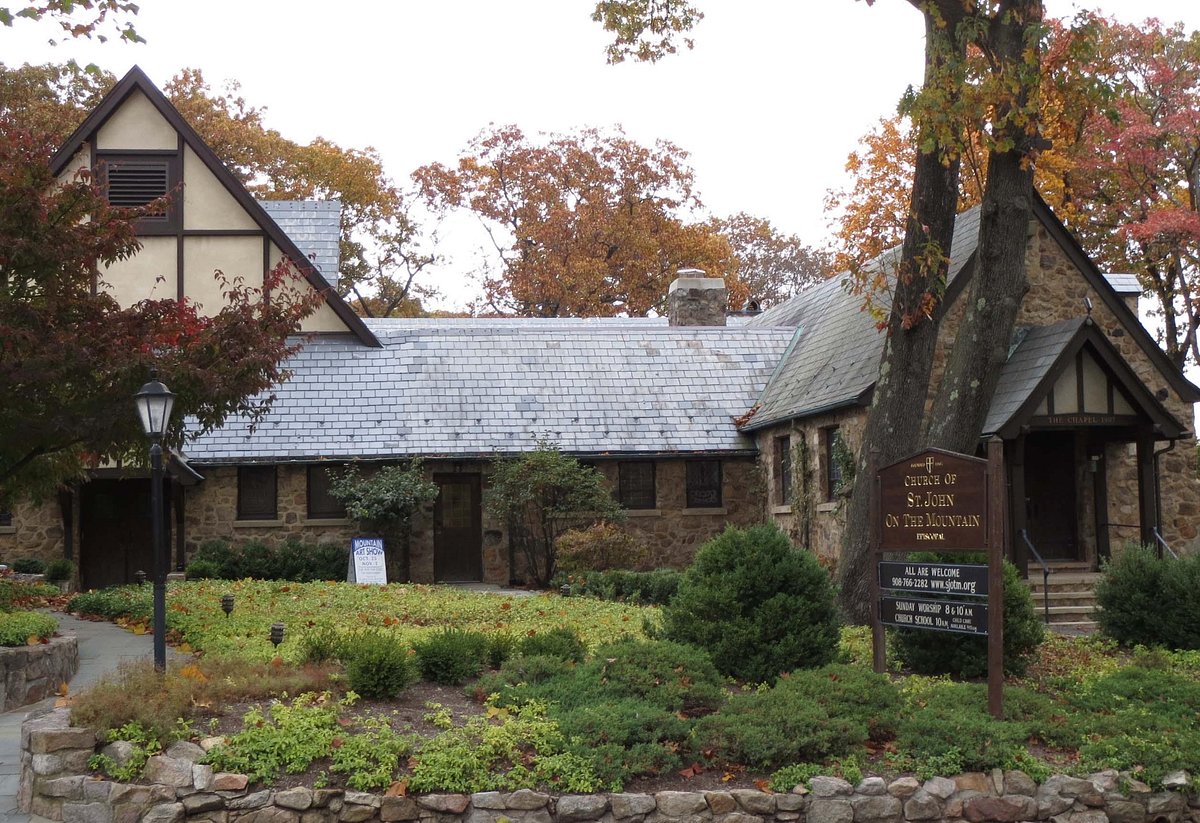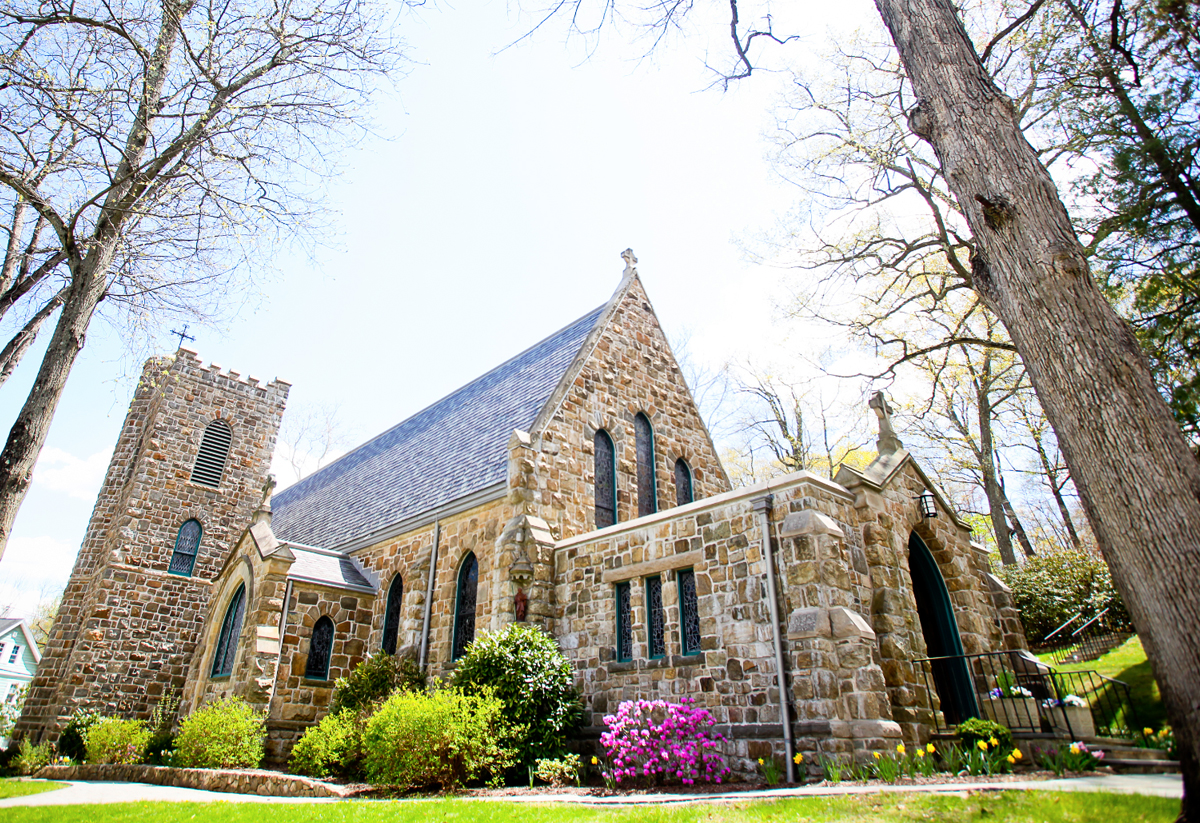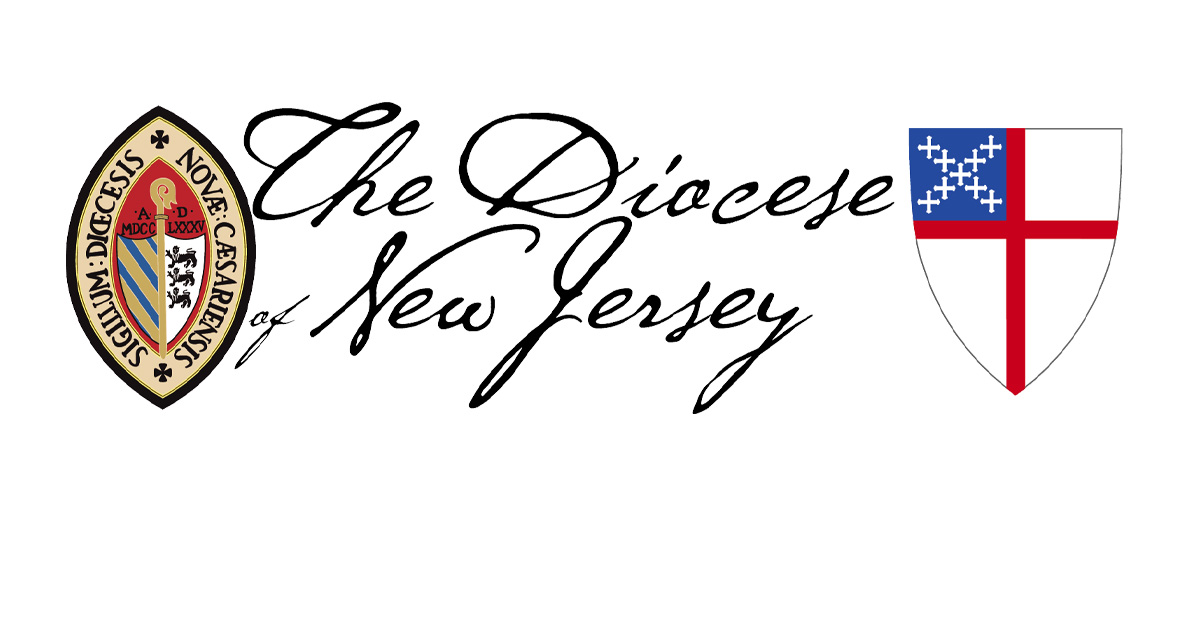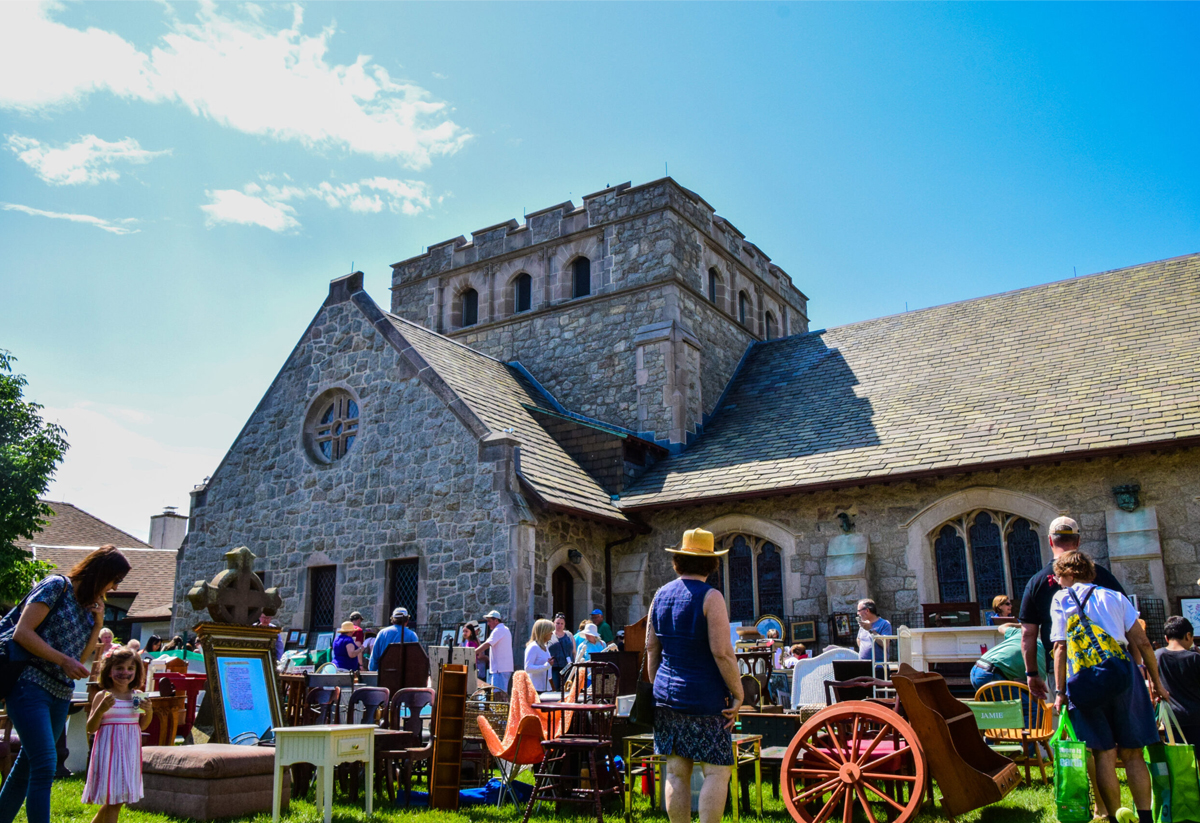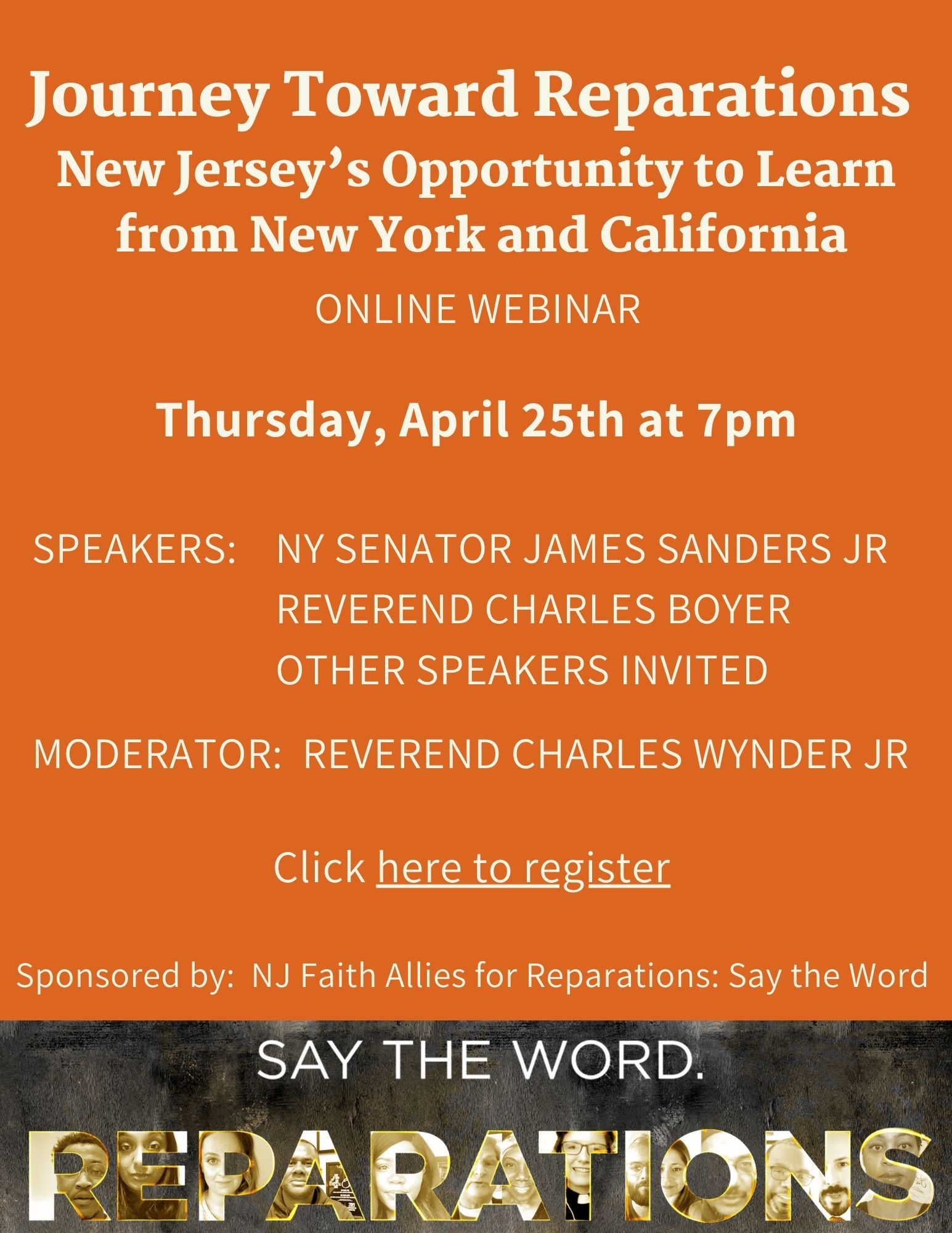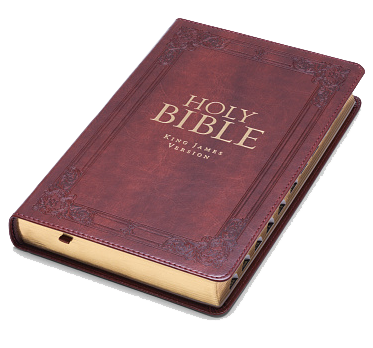

Dear People and Friends of the Diocese of New Jersey,
Thanksgiving Day is less than a week away. People are traveling. Churches will be holding Thanksgiving services. And, of course, there will be the traditional Macy’s Thanksgiving Day Parade.
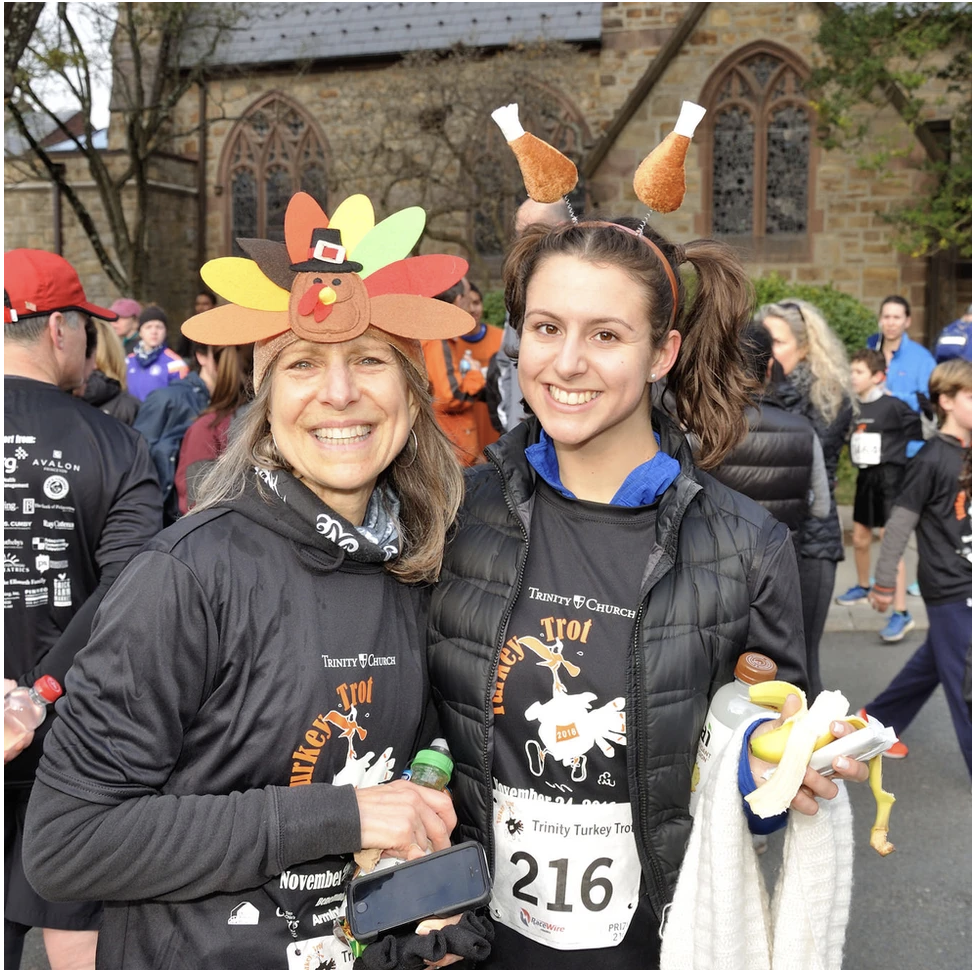
As the day approaches, all kinds of preparations are under way. Around the diocese, I am hearing about churches giving away turkeys and the fixings for Thanksgiving dinners by the hundreds. Fr. Matt Tucker’s truck at Christ Church, Bordentown, has been filled several times during the course of a community holiday food drive. At Trinity Church, Princeton, preparations are under way for the 15th Annual Trinity Church Turkey Trot.
Fr. Paul Jeanes started this 15 years ago as a “little church fun run” with a handful of runners. It has grown now to a major community 5K event supported by corporate sponsors and involving more than 2,000 runners/walkers who together will contribute more approximately $75,000 to four community service agencies: Arm and Arm (formerly Crisis Ministries of Mercer County), Housing initiatives of Princeton, Trenton Children’s Chorus, and Urban Promise of Trenton. The run/walk takes place on Thanksgiving morning beginning at 8:00 a.m.
Thanksgiving observances have a deep history. Around the world, many different cultures and nations set aside a day at some point during the year for some form of Thanksgiving, often linked to the harvest of crops.
The November observance in this country is linked to the fall harvest. It has also traditionally been linked to the so-called “First Thanksgiving” in Plymouth, Massachusetts in 17th century. Today, many challenge the highly sanitized and mythologized accounts of this, which too often romanticize the event but fail to grapple with the rampant brutality of European settlers against the indigenous peoples on this land. A part of our contemporary observances can, and should, acknowledge this in some form.

I appreciate the work of Anne Delgado and our Lifelong Christian Formation Committee, who in their recent Faith Formation Newsletter observed, “Many of us are viewing this traditional holiday through new lenses. For some, it is a treasured time to spend with family and friends. For some, however, Thanksgiving can also remind us of deep historical wounds and inequities.”
In their newsletter, the Lifelong Christian Formation Committee provides resources to both “focus on gratitude,” while “joining in God’s mission of reconciliation.” In this same newsletter, there are also wonderful resources for Advent, which is just around the corner. Be sure to check them out.
The 16th-Century saint and founder of the Society of Jesus (the “Jesuits”), St. Ignatius Loyola felt that “gratitude” was the highest of the virtues and that “ingratitude” was “the most abominable of all sins” In a 1542 letter to a fellow Jesuit, Fr. Simon Rodrigues, Ignatius wrote:
…ingratitude is the most abominable of sins and that it should be detested in the sight of our Creator and Lord by all of His creatures who are capable of enjoying His divine and everlasting glory. For it is the forgetting of graces, benefits and blessings received. As such it is the cause, beginning, and origin of all sins and misfortunes. On the contrary, the grateful acknowledgment of blessings and gifts received is loved and esteemed not only on earth, but also in heaven.”[1]
It is, sometimes difficult to feel gratitude, or even to express it, especially when life confronts us with significant challenges, and yet, we are called to be people of thanksgiving. As Ignatius recognizes, ingratitude is actually “forgetting”—forgetting the blessings and abundance that we have received and the fact that life itself is a gift and grace of God.
This past week, we held our annual Clergy Conference at the Seaview Hotel and Resort in Galloway. It was a great blessing to be with so many of the clergy of the diocese. In-person and online there were almost 100 of us.

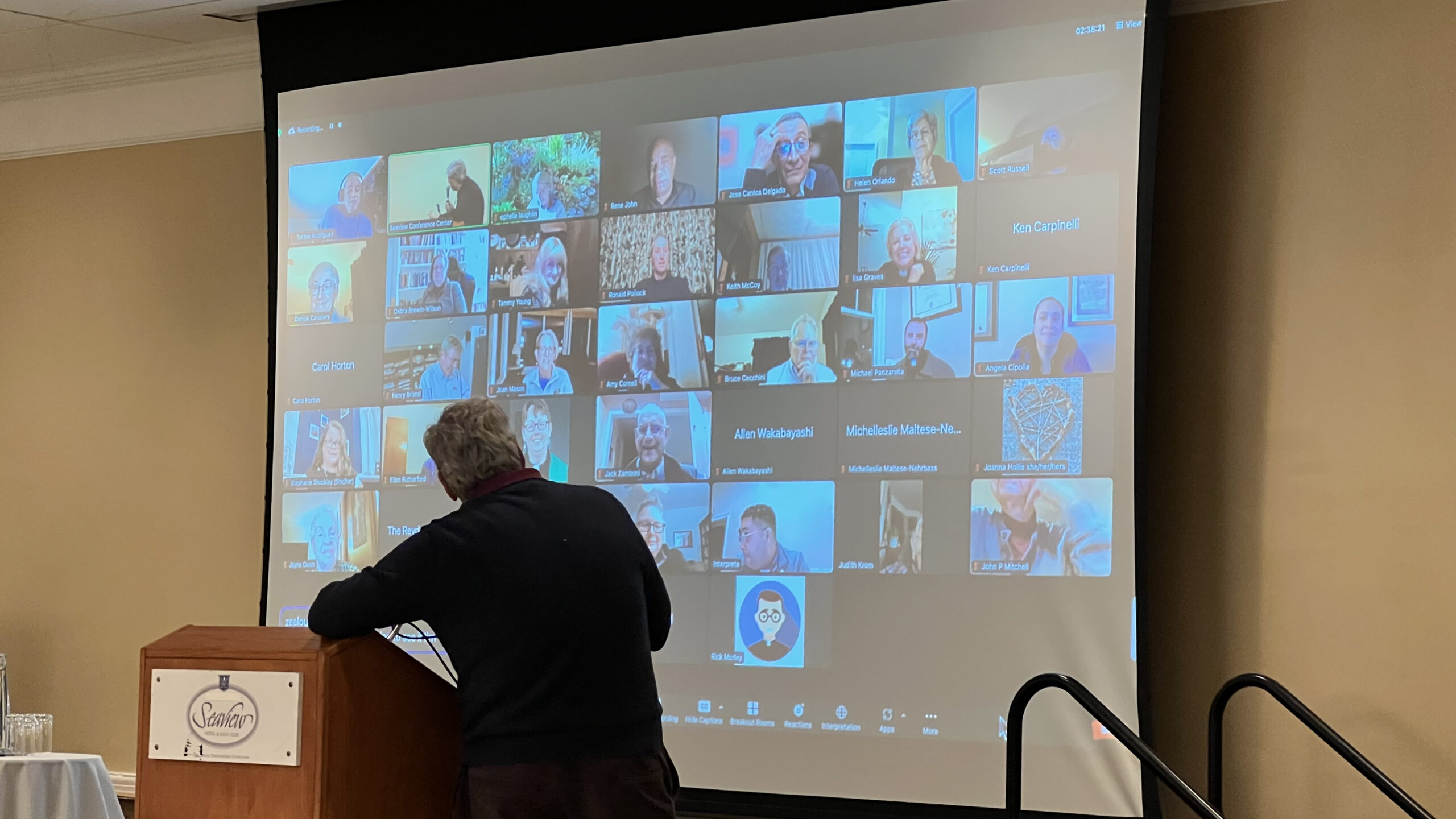
During our worship on Tuesday evening, I offered a reflection to the assembled on my own sense of “leave-taking” as Bishop of New Jersey and cited the work of the Rev. Ronald Rohlheiser, OMI, a priest, theologian, and essayist on spiritual matters. In one of his essays, “The Major Imperatives of Mature Discipleship,” Rolheiser observes, “Gratitude is the ultimate virtue, undergirding everything else, even love. It is synonymous with holiness.” Quoting Australian author Morris West, Rolheiser writes, “at a certain age our lives simplify and we need have only three phrases left in our spiritual vocabulary—Thank you! Thank you! Thank you!”[2]
As I shared with the assembled clergy, that’s where I find myself at this turning point moment in my life and in the life of this diocese. Profoundly thankful to God. Profoundly thankful for all the blessings of this life which God has bestowed upon me, family, friends, a rich and fulfilling life and ministry which is still continuing to unfold, and the blessing of serving as the 12th Bishop of New Jersey with its wonderful array of gifted people who make up this diocese. Thank you, thank you, thank you to God and to each one of you.
May you and yours have a blessed Thanksgiving Day filled with an abundance of God’s grace and love.
Now thank we all our God, with hearts and hands and voices—Hymnal 1982 #397
Faithfully in Christ,

The Right Rev. William H. Stokes
Bishop of New Jersey
______________
Notes
[1] St. Ignatius—Letter to Fr. Simon Rodrigues—March 18. 1542 found in Letters of St. Ignatius Loyola—Selected and Translated by William J. Young, S.J. (Loyola University Press, Chicago, IL, 1959) p. 55 – e-book location 62 of 456 found at Letters Of St. Ignatius Of Loyola : Ignatius; William J. Young : Free Download, Borrow, and Streaming : Internet Archive
[2] Rolheiser, OMI, Ronald Essential Spiritual Writings (Modern Spiritual Masters) ed. Alicia Von Stamwitz (Mayknoll, New York: Orbis Books, 2021), 23

